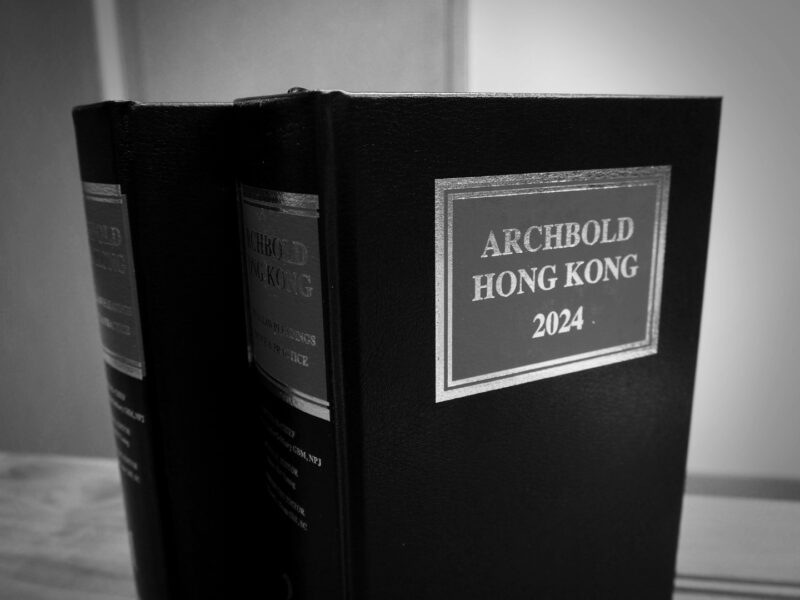A case of misuse of public housing resources presents unusual legal difficulties. Mr Gordon Chan and Ms Kimberlie Chu acted pro bono for an elderly lady, persuading the Housing Department to withdraw the summonses by way of ONE/BO under rare circumstances.
In TMS 9969/2024, an elderly lady faced a summons for “unlawful alienation of land, ” an offence under s 27A of the Housing Ordinance (Cap 283). The case against her essentially boils down to the fact that she was found inside an apartment, which was a public housing unit sold to an elderly man, without him having first paid a premium to the Housing Authority. It was alleged that the elderly lady entered into an agreement with a third person, who arranged for her to stay in the flat.
Distinguishing the present case from typical public housing abuse was the fact that the elderly lady and the owner had never met. The third person, on the other hand, had no proprietary interests in the flat, but only took care of it while the owner was institutionalised due to health issues. Upon learning of the renovation work on her flat, the third person arranged for her to stay the night at the flat briefly.
The offence of “unlawful alienation of land” is technical and complex in nature and requires two conditions:
27A. Unlawful alienations, etc.
Where—
(a) a person whether as lender, borrower or otherwise purports to create a mortgage of or otherwise charge land or to assign or otherwise alienate land or to enter into an agreement which relates to land; and
(b) the purported mortgage or other charge or the purported assignment or other alienation or the purported agreement is void by virtue of section 17B,
the person commits an offence and is liable to a fine of $500,000 and to imprisonment for 1 year.
It is evident that the offence primarily relies on the operation of land law. The word “alienation” is also undefined in the Ordinance. However, most cases involve mortgages, sales, or subletting of the flats. These instruments are void by operation of s 17B, as consent was not sought from the Authority, nor was any premium paid.
Mr Gordon Chan, assisted by Ms Kimberlie Chu, raised queries to the Housing Department, whether the circumstances of the case amounted to “alienation” in light of the Court of Final Appeal decision in Cheuk Shu Yin v Yip So Wan (2012) 15 HKCFAR 344, which highlighted the need for the owner’s involvement. At the same time, representations were made for the disposal of this peculiar case by way of ONE/BO.
Although the government took a much stricter stance against the misuse of public housing resources in recent years, the Housing Department was ultimately convinced to bind over the elderly lady.
While extending help to a neighbour in need may be a good gesture, one must be vigilant of the conditions imposed for subsidised housing. Unwariness can turn out to be a criminal matter.
Gordon Chan, Esq
Barrister-at-law, Archbold Hong Kong Editor on Public Health, and Member of the Bar Association's Committee on Criminal Law and Procedure. Specialised in medical, technology and criminal law.

Kimberlie Chu
Barrister-at-law of the High Court of Hong Kong


